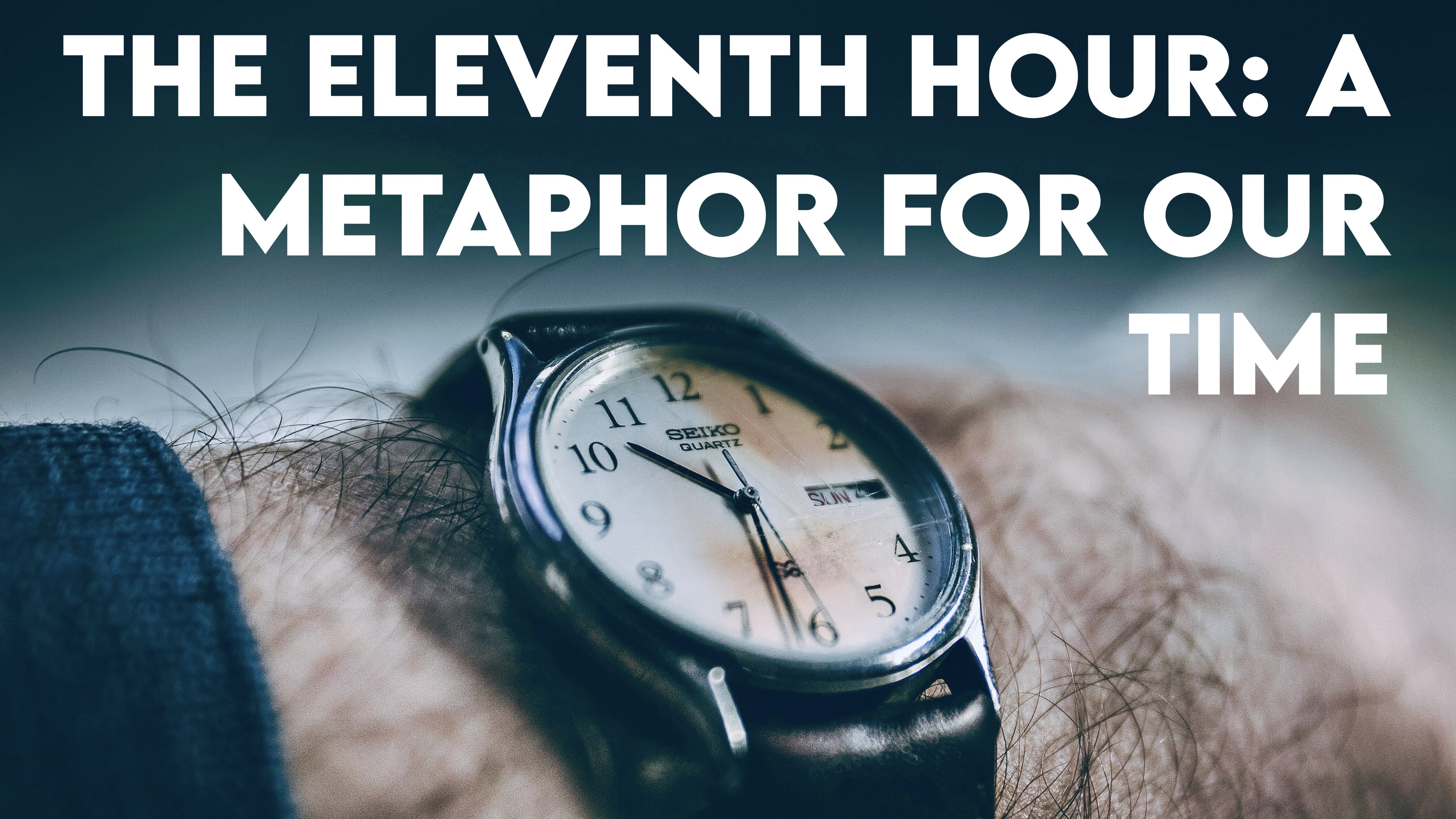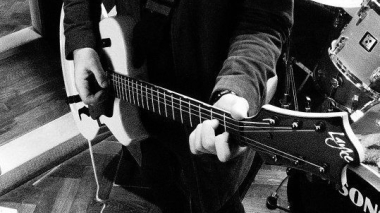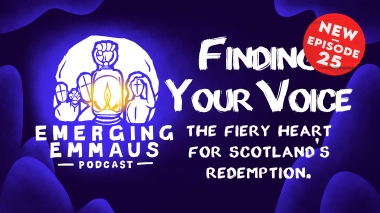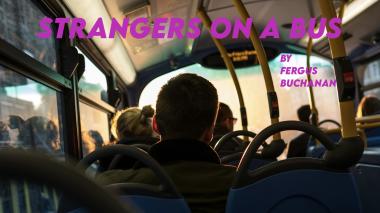The Eleventh Hour: A Metaphor for Our Time

The Poppy and The Promise
This is the season for wearing poppies, a time when we come together to reflect and remember those who laid down their lives for the cause of democracy and civilisation. The Armistice of 1918, signed on the eleventh hour of the eleventh day of the eleventh month, may well have been chosen for practical reasons. Yet, it carries a deeper understanding that might easily be overlooked, but one we all need to consider for the wellbeing of generations still to come.
A Metaphor Running Out
To talk of "the eleventh hour" is to use a powerful metaphor: time is running out. When it comes to the 11 November this year, will you take two minutes to consider the futility of war and face the broader truth about our civilisation? Time is running out in so many ways for our planet. We need an urgency to rise within us all, to recognise we are sailing close to the wind on climate change and witnessing the mass migration of peoples driven by conflict. There are no easy answers, but we must be willing to pay the cost of what it means to live in an equitable world and a fair society. While we must live day-to-day, we have an obligation to make sacrifices in the present to ensure our children can have a future.
The Fading Ritual
There was a time when the Sunday before the 11th was a great National Day of Reflection. Communities would worship together in churches and gather at town centre war memorials. Today, that tradition no longer holds the same appeal. Instead, families go shopping, complain about parking, as the fingers of the children scroll past social media posts highlighting wreath-laying ceremonies around the country.
Building New Pathways
You might say Remembrance events have been somewhat downgraded. Yet, I can’t help but think that if we got more creative—if we advertised our Remembrance services as touching places of hope—we would find a new generation in attendance. They are looking for pathways to peace and security. Perhaps if we build these new pathways with clear signposts, people would start to travel on them, especially the younger generations who may still be learning how to "tell the time,” but who can certainly read the “signs of the time”
The Foundation of Hope
Our current problem is compounded because many influential thinkers have lost the will to believe our world has a purpose. To believe in God and a world at peace is often seen as a fairytale — albeit one they wish were true. Yet, that is precisely what the Bible teaches: that one day, peace will reign. This is no fairytale. Scripture inspires us to hold onto the truth that humanity will one day "beat their swords into ploughshares." Our calling as God’s people is to help others see that peace is not an impossible miracle; it will be a reality.
Our Moment to Act
So the challenge for Christian leaders is to pick up the metaphor of the eleventh of the eleventh and begin creating these new pathways of hope. We must allow a younger generation to consider the powerful, optimistic message of the gospel — a message that speaks of reconciling not only humanity but all of creation.
The prophet Habakkuk, downcast and crying out to God — questioning how long violence must reign — received an unexpected reply: “Don’t give up, even if the vision tarries. Wait for it. It will surely come.”
I think it’s time to believe what God has promised will come about. Could this be our moment to begin living out a radical metaphor of eleven, eleven, eleven?
Albert Bogle




 Add to Favourites
Add to Favourites







Login to comment.